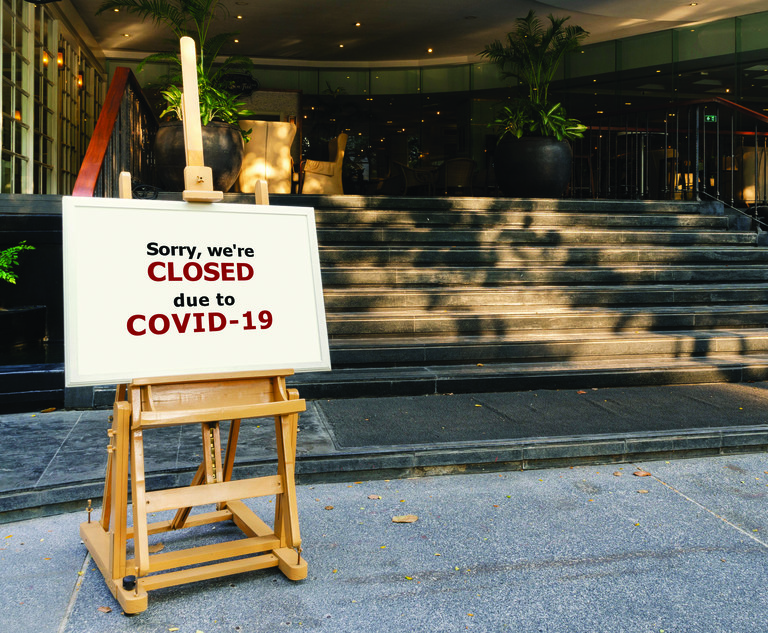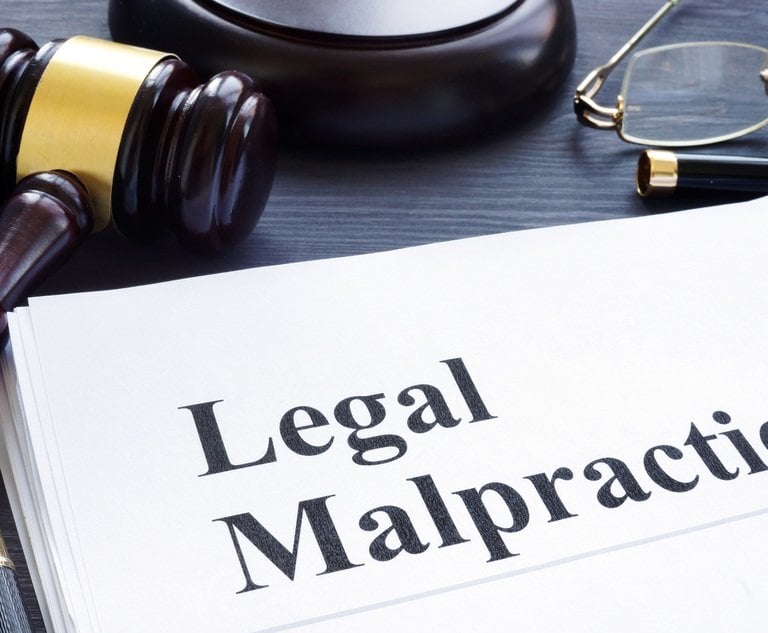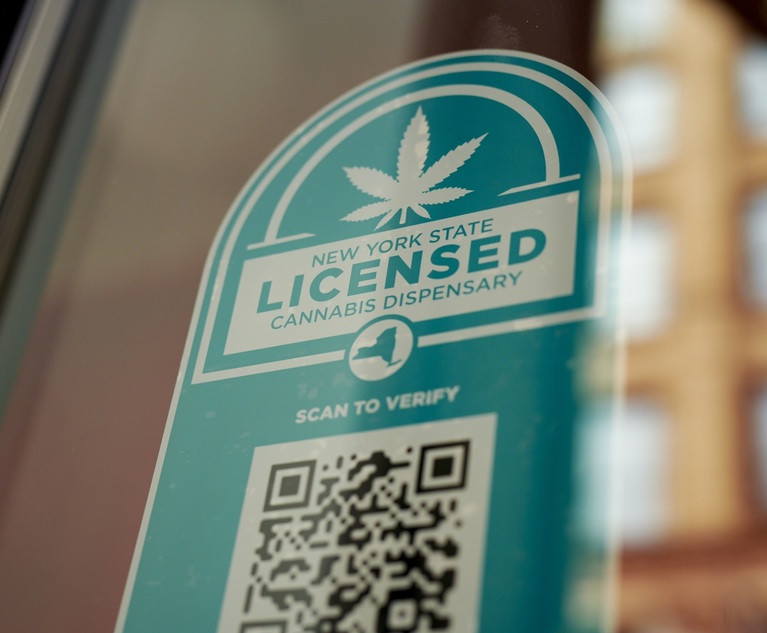COVID-19 has had far-reaching implications for businesses, large and small, both direct and indirect. While publicly held companies such as airlines and large coffee chains making the news today typically have a diversified investor and owner bases with a corporate structure and management to address their business issues, most closely held businesses do not. Instead, many closely held businesses have two or three “partners” and one or two major investors. So, while closely held businesses may face a similar economic environment and set of business challenges as a result of COVID-19, they may also have to address governance and partnership issues.
When business is profitable, closely held businesses usually run smoothly. During the current COVID-19 pandemic, however, when things are poor for most businesses and extremely bad for nearly all the rest, closely held businesses may respond in a dramatic fashion. This is because individuals are involved, and individuals often react differently to times of great stress or change. When such individuals (or their investors) have a different willingness or ability to tolerate business pain, some or all of them may seek a way out via a “business divorce.”


 Lee Weinberg of Weinberg Gonser.
Lee Weinberg of Weinberg Gonser.




